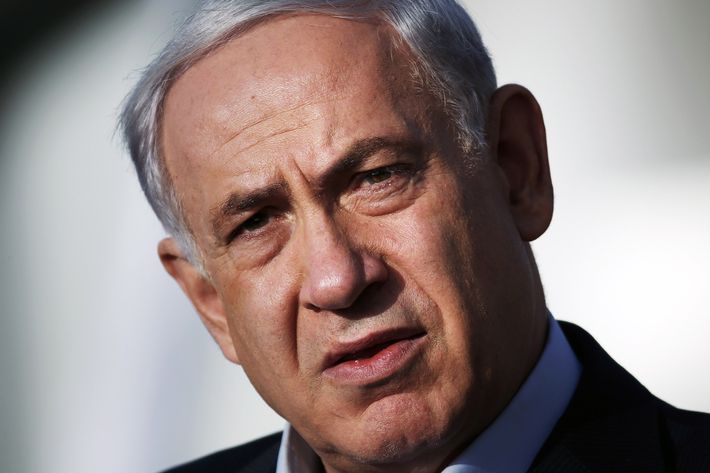
A half-dozen years ago, I attended the first conference of J Street, a liberal pro-Israel organization, to debate the meaning of the term pro-Israel itself. Pitted against Matthew Yglesias, I maintained that, while one certainly did not need to agree with everything Israel does to be pro-Israel, a meaningful definition required some form of sympathy more concrete than the sort one might extend to humanity writ large. I suggested two possible qualifications: a sympathy for the country’s history vis-à-vis its critics, or an ongoing support for its political stance in relation to its international foes. It has dawned on me that I am one of the liberal Jews who, by the second definition, if not the first, has grown less pro-Israel over the last decade.
This uncomfortable and alien feeling has washed slowly over me in fits and starts. An important moment came recently when I read Ben Birnbaum and Amir Tibon’s detailed narrative of the collapse of last year’s Israeli-Palestinian negotiations. A foundational basis for liberal Zionist support for Israel is the fact that, during the last major negotiations in 2000, the Israeli government offered a reasonable statehood plan to Palestinians, and Palestinians rejected it and launched the second Intifada. (Critics of Israel have challenged this historical interpretation, unpersuasively.) So long as this remains the underlying state of negotiations, then Israel’s policies toward the Palestinians are understandable, even if not always well-calibrated, as a defense against an enemy that denies its right to exist. The carryover from that episode has deeply influenced pro-Israel sentiment.
But Birnbaum and Tibon show that it no longer pertains. Their story is comprehensive and evenhanded enough that readers can draw differing conclusions. David Frum, who is more hawkish than me, reads it and concludes that it damns the Palestinians, who demanded the release of prisoners in order to continue negotiating. What Frum fails to mention is that the Palestinians made this demand because the Netanyahu government insisted on continuing to build settlements in the West Bank during negotiations. The Palestinians would have looked like fools for negotiating under such conditions without a concession. Netanyahu could have frozen the settlements, but decided instead to release a group of prisoners including more than 100 murderers.

The story further reveals that Netanyahu appeared on several occasions to approach the brink of agreement, but pulled back in the face of right-wing pressure within his coalition. Numerous figures in the story attempt to plumb the Israeli Prime Minister’s psychology — does he truly have it in him to go over the brink and make peace, or is he merely bluffing? — but the exercise turns out to be ultimately futile. Either Israeli politics or Netanyahu’s own preferences kept Netanyahu from striking a deal. And since that failure, the most moderate leadership the Palestinians ever had, and probably ever will have, has been marginalized.
Viewed in this context, the campaign of Israeli air strikes in Gaza becomes a horrifying indictment. It is not just that the unintended deaths of Palestinians is so disproportionate to any corresponding increase in security for the Israeli targets of Hamas’s air strikes. It is not just that Netanyahu is able to identify Hamas’s strategy — to create “telegenically dead Palestinians” — yet still proceeds to give Hamas exactly what it is after. It is that Netanyahu and his coalition have no strategy of their own except endless counterinsurgency against the backdrop of a steadily deteriorating diplomatic position within the world and an inexorable demographic decline. The operation in Gaza is not Netanyahu’s strategy in excess; it is Netanyahu’s strategy in its entirety. The liberal Zionist, two-state vision with which I identify, which once commanded a mainstream position within Israeli political life, has been relegated to a left-wing rump within it.
I don’t mean to overdramatize the change within my own thinking. While less sympathetic to Israel than before, I still find myself far more sympathetic to Israel than to Hamas. I still believe a two-state partition will happen eventually, though the odds are increasing that a catastrophe will be required to bring it about first. I also bitterly attribute the shriveling of the Israeli left to the Palestinian rejectionists who deliberately engineered this very outcome. The change in my thinking is gradational, not transformational. Like many liberal Jews — Roger Cohen today being one of the latest — I recognize that the facts change, and I have changed my mind.






























